02:32
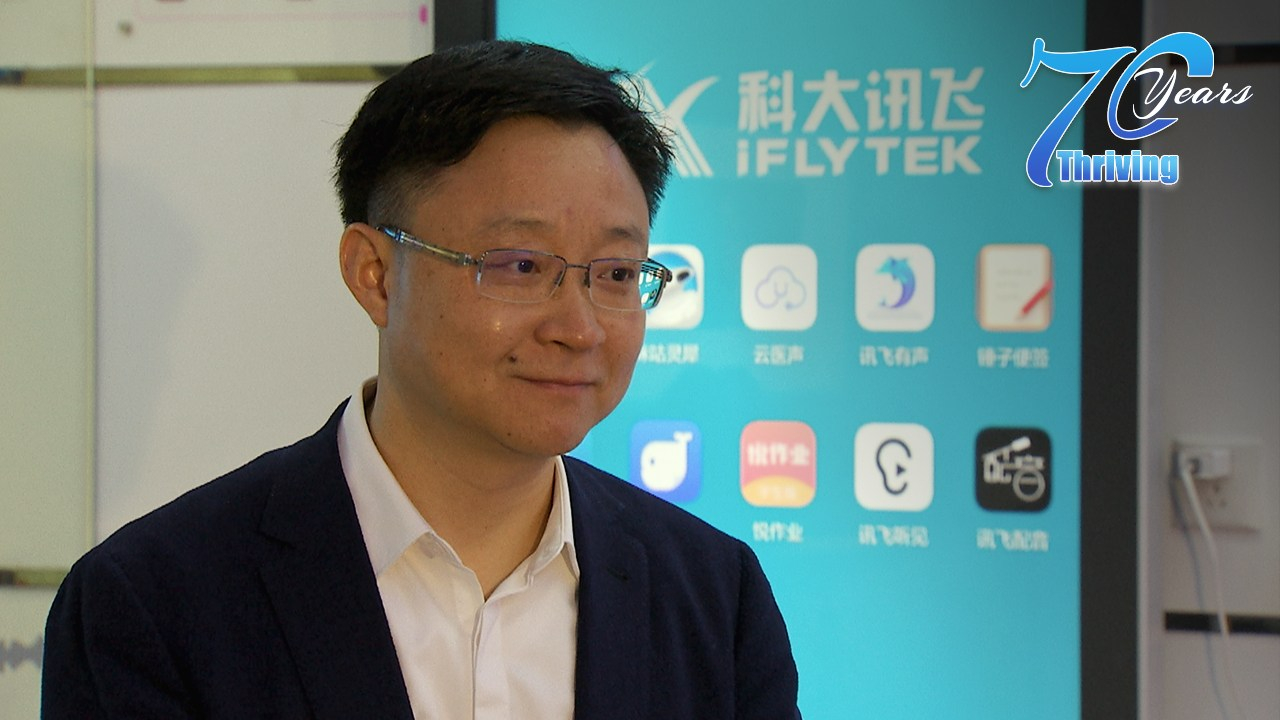
Breakthroughs in AI core technologies are behind iFLYTEK's rise, Liu Qingfeng, chairman and CEO of the world-leading voice recognition giant has told CGTN.
In an interview on Friday in Hefei, east China's Anhui Province, Liu examined the driving forces behind the AI conglomerate's booming growth over the past year as well as its aspiration to keep masterminding the drive for global leadership in core technologies including voice recognition and semantic understanding.
He also shared his insights on the bottlenecks in AI development and the future outlook of the Artificial General Intelligence (AGI).
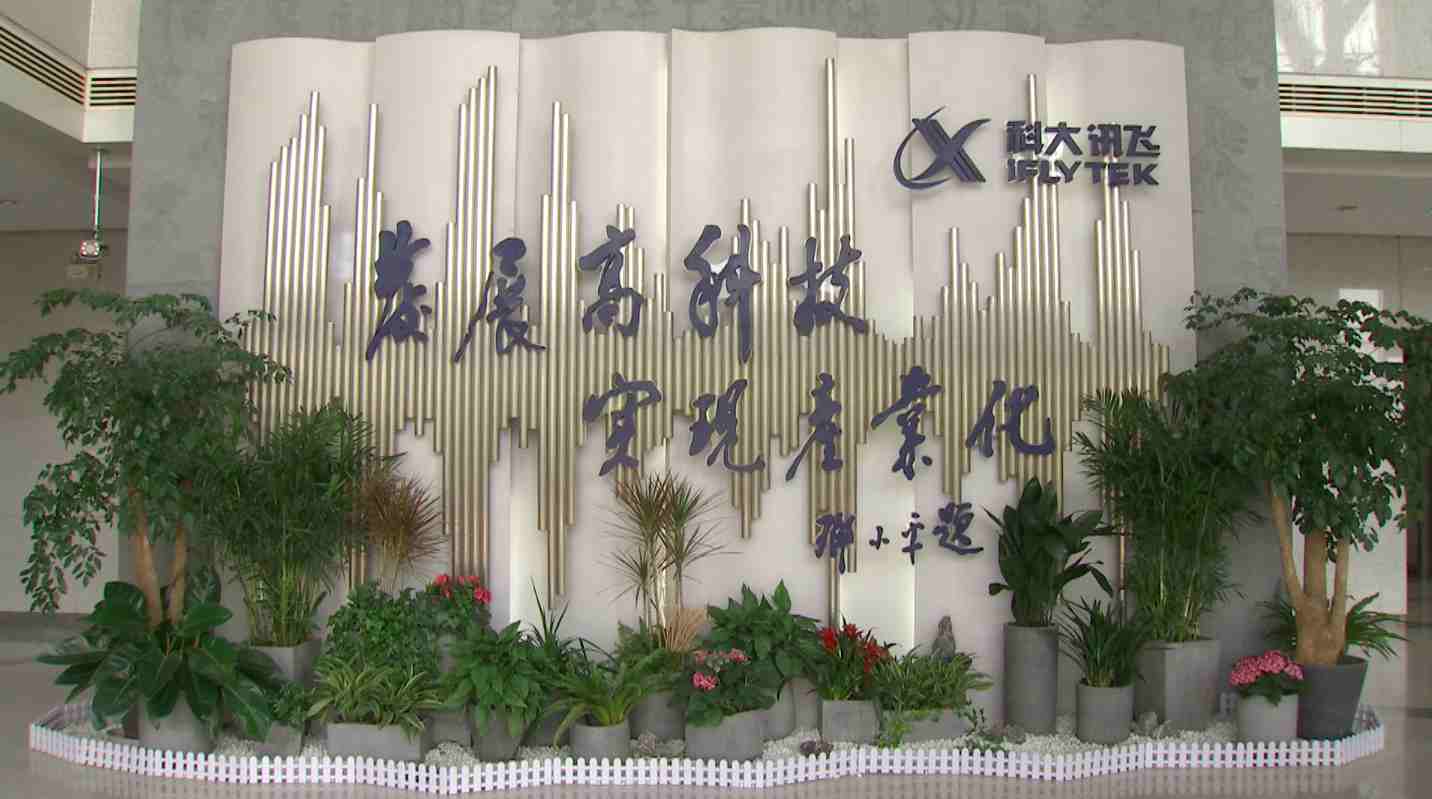
iFLYTEK headquarters in Hefei, east China's Anhui Province. /CGTN Photo
iFLYTEK headquarters in Hefei, east China's Anhui Province. /CGTN Photo
Breakthroughs in core technologies behind iFLYTEK's rapid growth
Sustaining breakthroughs in core technologies has helped to propel the company's rising income, Liu told CGTN.
According to the 2018 annual report iFLYTEK released on Thursday, the AI forerunner's total revenue increased 45.41 percent year on year to 7.92 billion yuan (1.17 U.S. dollars) in the last year with its net profit registering an increase of 27.41 percent to reach 542 million yuan (80 million U.S. dollars), thanks in part to its expanding service in industries including education, judiciary and healthcare.
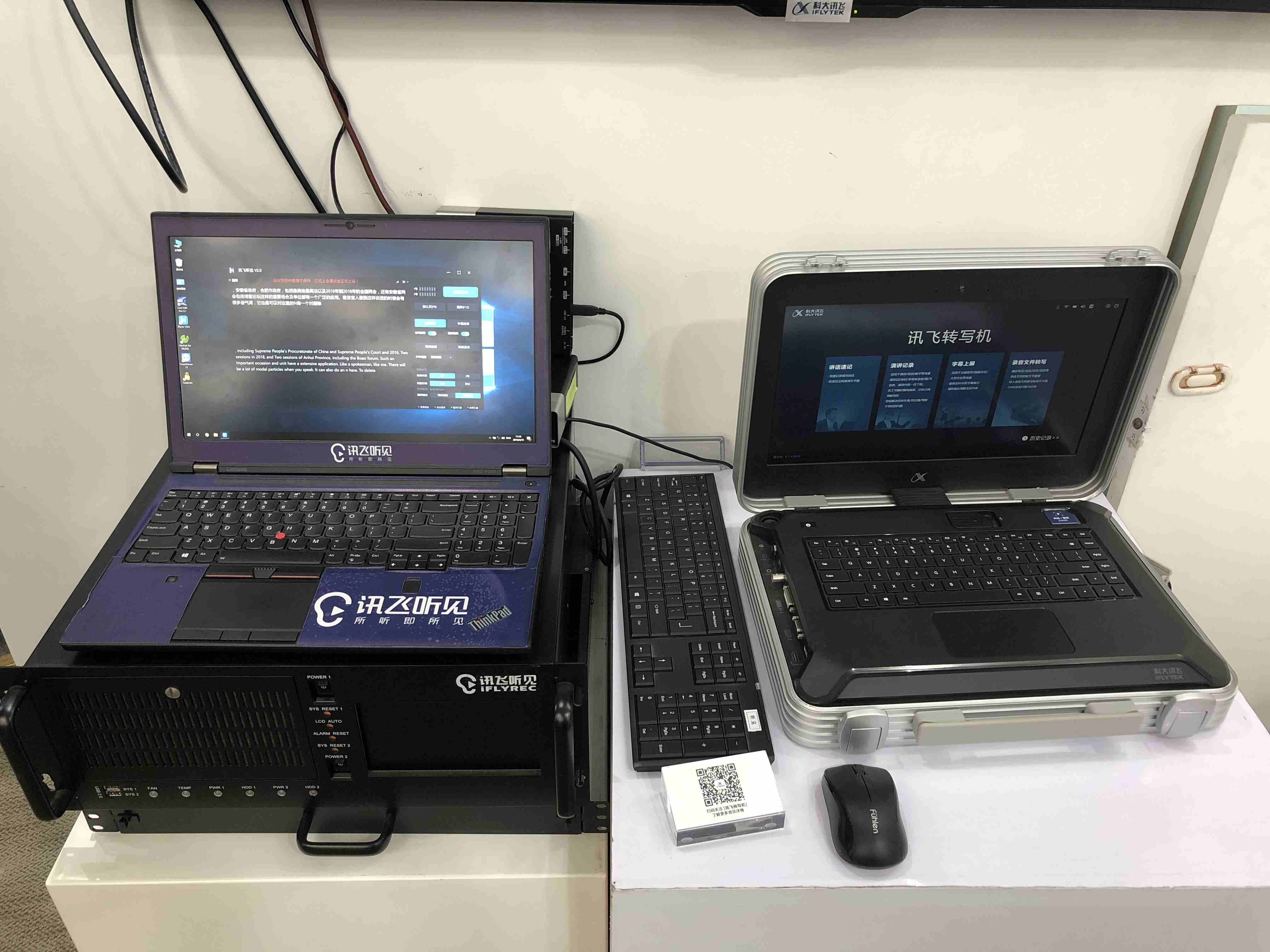
iFLYREC developed by iFLYTEK. /CGTN Photo
iFLYREC developed by iFLYTEK. /CGTN Photo
Liu cited some of the milestones the company accomplished in 2018 and the first quarter of 2019 as examples of how its advancing core technology has helped transform its products from being "ready for use" to be "easy to use."
Last December, the translation system developed by iFLYTEK beat 99 percent of candidates sitting the national CET-6 English test by scoring 14, 14, 12 respectively out of 15 in three translation tests in the exam, marking a step further in the accuracy of its intelligent machine translator; The fully updated version of the company's iconic translator that enables offline translation and translation between Chinese and over 50 languages was launched in January.
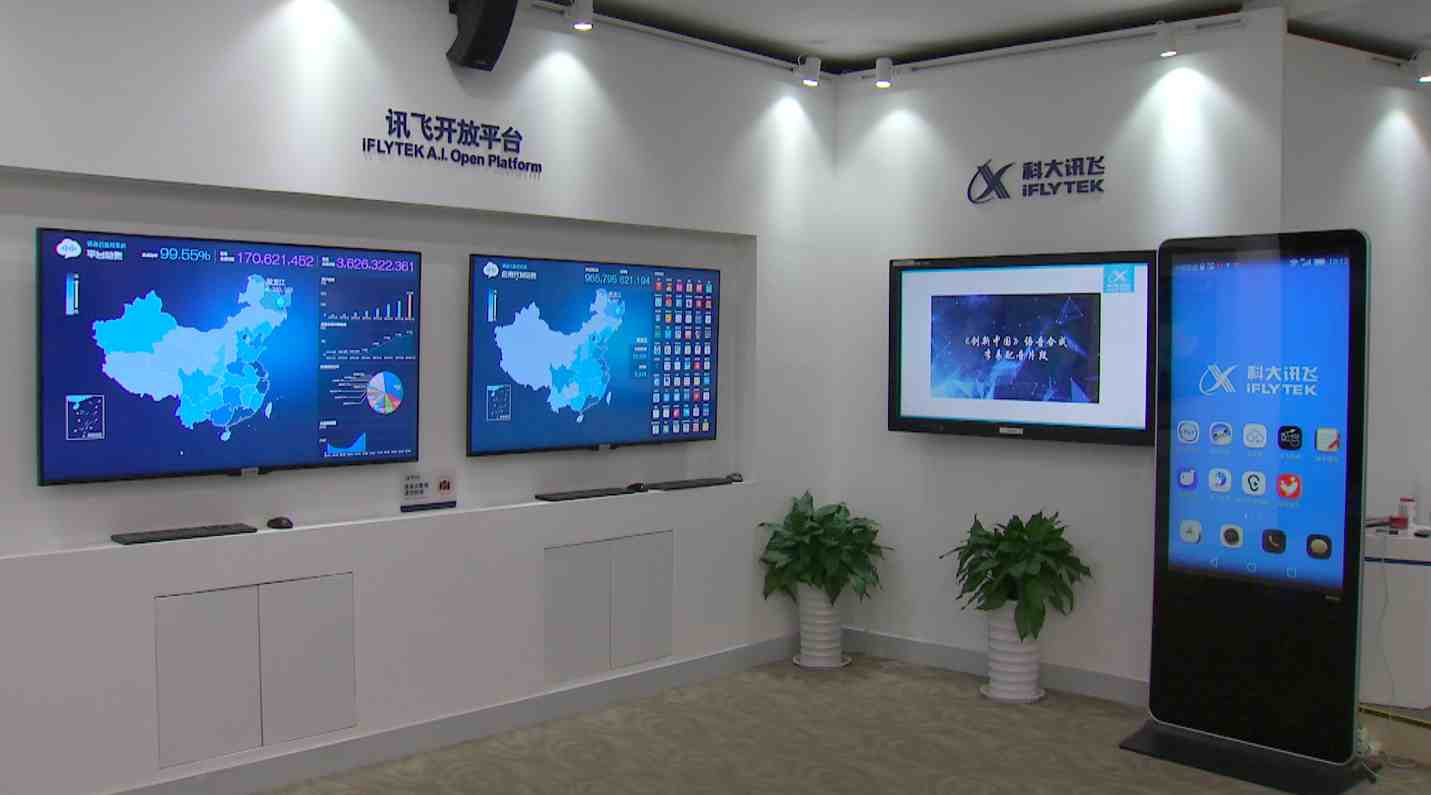
iFLYTEK headquarters in Hefei, east China's Anhui Province. /CGTN Photo
iFLYTEK headquarters in Hefei, east China's Anhui Province. /CGTN Photo
The company also bagged several awards at international events including the International Conference on Pattern Recognition with its optical character recognition (OCR) technology in August and at the Stanford Question Answering Dataset (SQuAD) 2.0, a prestigious top-level machine reading comprehension challenge in the field of cognitive intelligence in early April.
"It is this progress in technology that boosts the rapid application of our service in industries," Liu said.
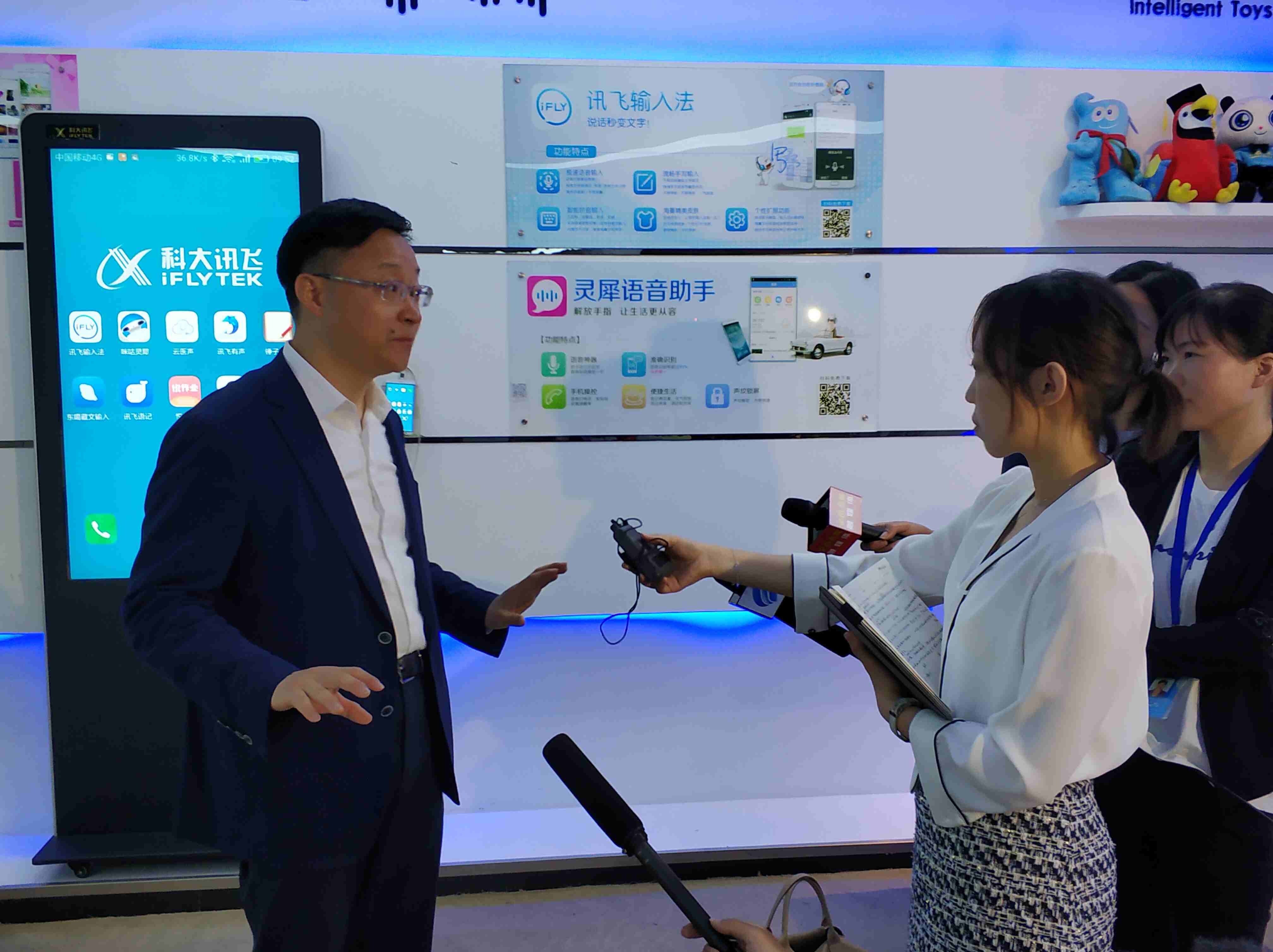
Liu Qingfeng, chairman and CEO of iFLYTEK, speaks in an interview with CGTN at the company's headquarters in Hefei. /CGTN Photo
Liu Qingfeng, chairman and CEO of iFLYTEK, speaks in an interview with CGTN at the company's headquarters in Hefei. /CGTN Photo
The iFLYTEK heavyweight also underlined the surging Business-to-Consumer (B2C) business as a contributor to the company's development, noting that the revenue in this area grew almost 97 percent year on year to hit 2.5 billion yuan (372 million U.S. dollars) in 2018, accounting for over 30 percent of the company's total revenue with the gross profit making up 33 percent of the gross margin as a whole.
"We hope the entire [AI] industry could be more accessible in people's daily lives," Liu reckoned.
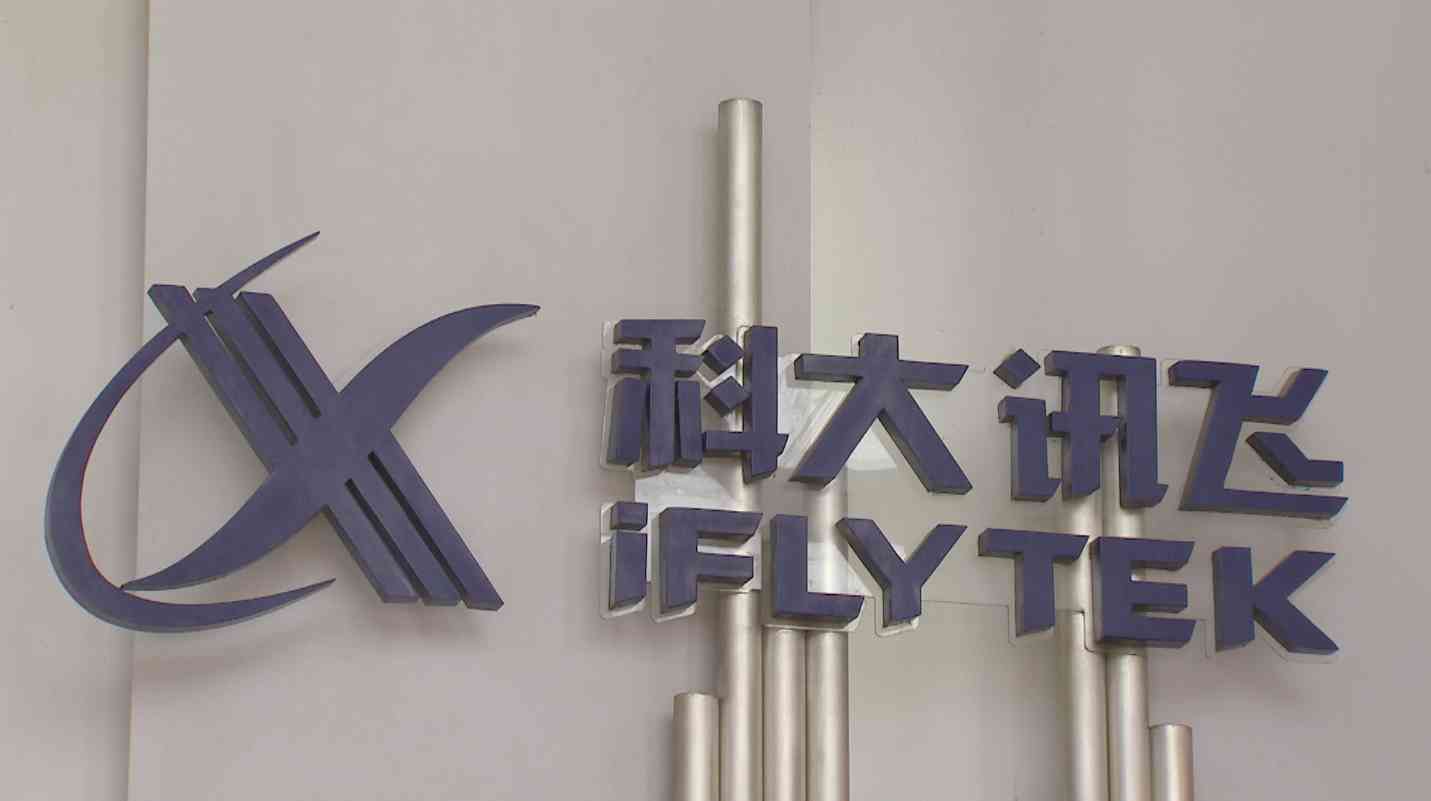
iFLYTEK headquarters in Hefei, east China's Anhui Province. /CGTN Photo
iFLYTEK headquarters in Hefei, east China's Anhui Province. /CGTN Photo
iFLYTEK seeks to sustain lead in AI speech core technologies
As China's major AI company as well as the largest publicly-listed intelligent speech and language technologies provider in the Asia-Pacific region, iFLYTEK is managing to continue its global leadership in AI speech core technologies including speech recognition and multi-language processing in 2019 as part of its obligation to promote the country's success in AI, Liu said.
"This is a mission assigned by our country and it will also come as an essential support to the entire [AI] industry," observed Liu, citing the "New Generation Artificial Intelligence Development Plan" published by the State Council in July 2017, which envisions a three-step outline for China's AI industry and attaches great significance to voice recognition.
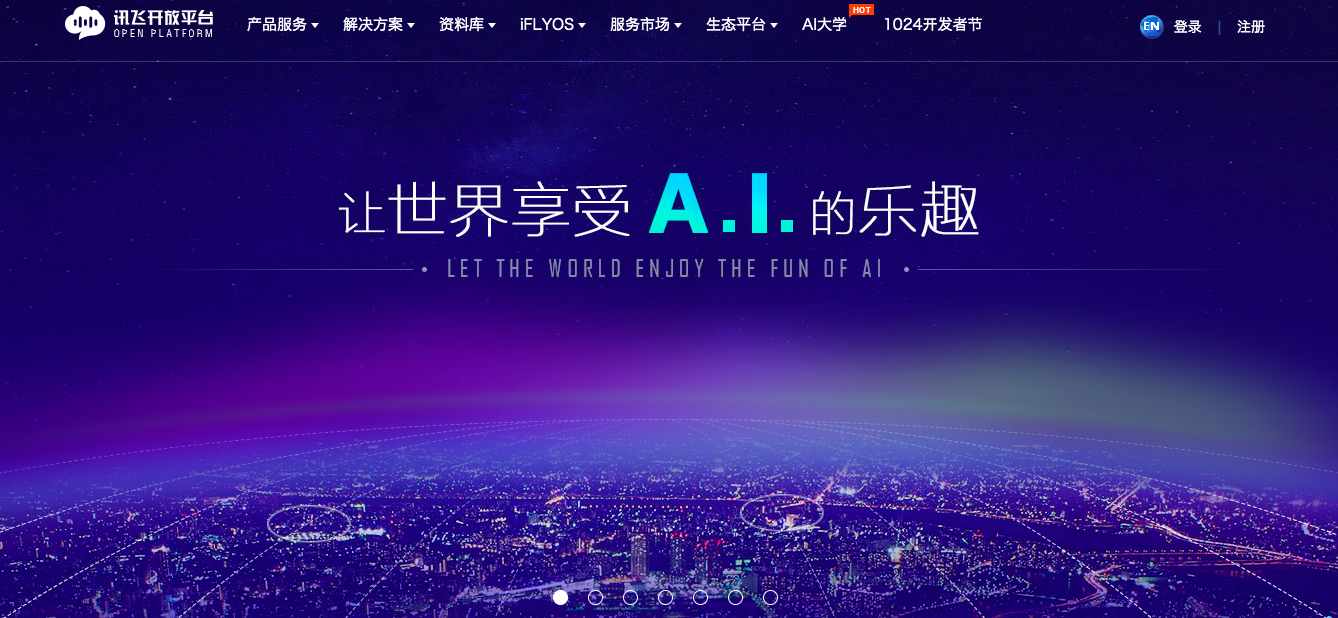
The interface of iFLYTEK's AI open platform. /Screenshot
The interface of iFLYTEK's AI open platform. /Screenshot
Besides further fostering its intelligent speech open platform that aims at carving out "an easy way" for the users to apply AI by providing online services like speech synthesis, automatic speech recognition and speech extension, iFLYTEK will also promote the National Engineering Laboratory for Speech and Language Information Processing (NEL-SLIP), the only R&D (research and development) platform in the industry of intelligent speech at the national level established in 2011, in an attempt to spur on its leadership worldwide in AI speech core technologies, according to the company's CEO.
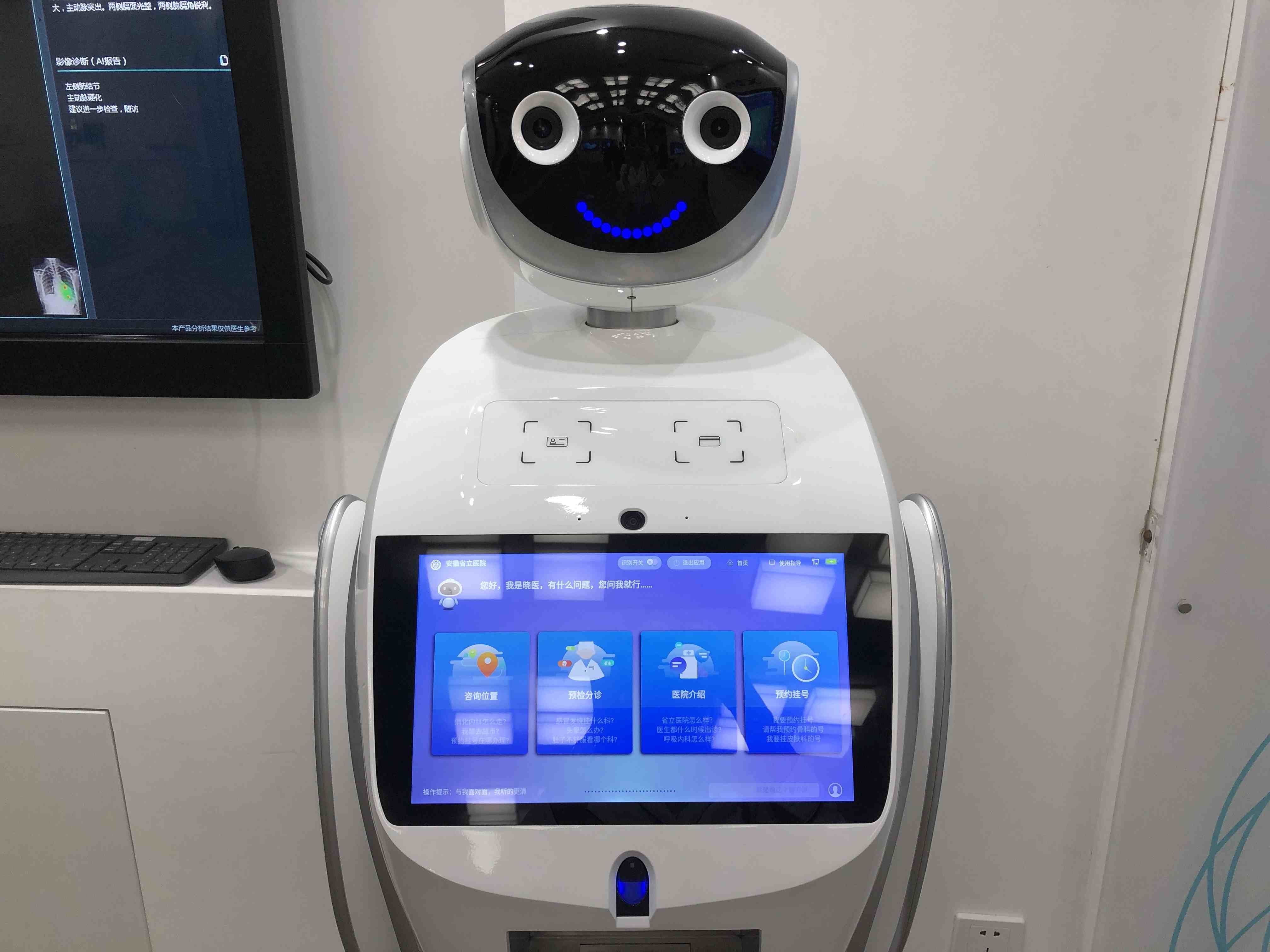
iFLYTEK's health robot "Xiaoyi." /CGTN Photo
iFLYTEK's health robot "Xiaoyi." /CGTN Photo
While service by iFLYTEK has already made its presence felt in an array of realms like education, healthcare and the judiciary, Liu hopes his company could take a step further in product innovation in these fields and at the same time roll out more market-oriented products to meet consumers' demands.
He also regards the establishment of interconnected networks for AI industrial ecology as a task of substantial importance. Noting the swelling number of innovation team members of the company's open platform, the iFLYTEK chairman said the company will also launch an online training system that aggregates experts to help engineers and entrepreneurs with easy access to shared experience in AI application, and thus lead to the prosperity of AI industry by accelerating the landing of the AI technology in various fields.
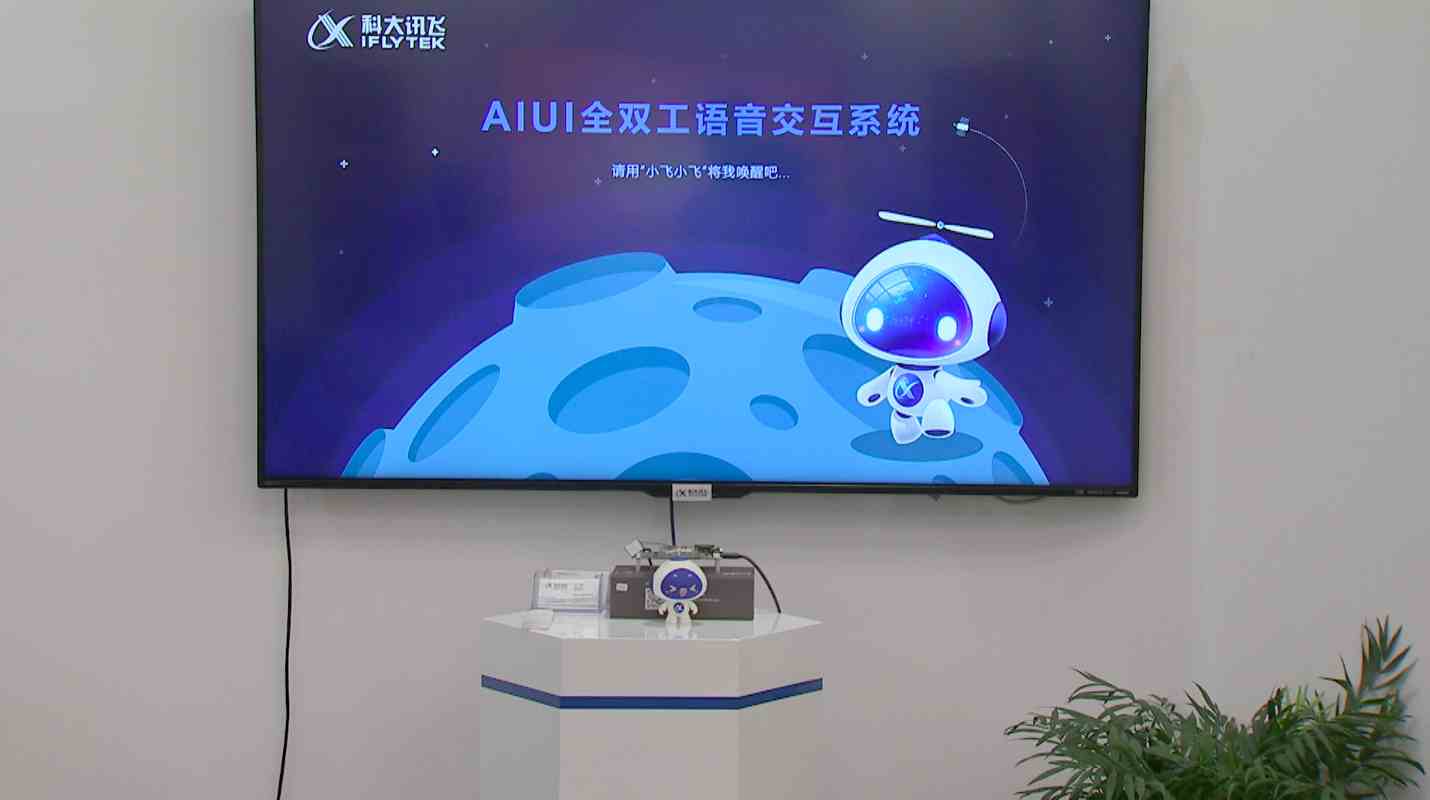
iFLYTEK‘s human-machine interaction interface AIUI. /CGTN Photo
iFLYTEK‘s human-machine interaction interface AIUI. /CGTN Photo
"We are confident that the iFLYTEK and the AI industry will develop better and faster with breakthroughs in core technologies, expanding AI applications as well as the building of an industrial ecology," Liu said.
AI to help, not replace, human beings
While the booming AI has put a large number of jobs at risk of being replaced, Liu underlined that the technology is being developed to help human beings rather than replace them.
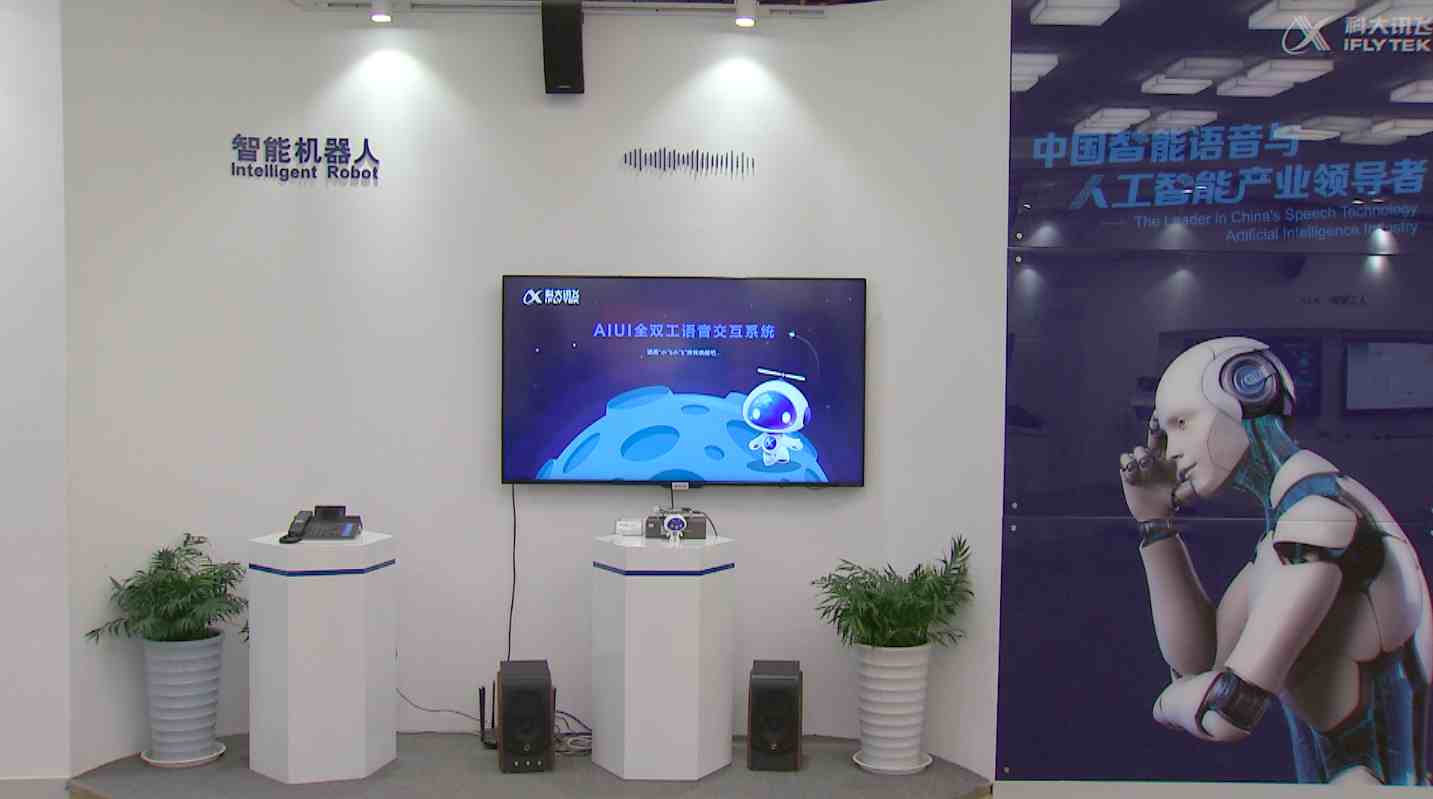
iFLYTEK headquarters in Hefei, east China's Anhui Province. /CGTN Photo
iFLYTEK headquarters in Hefei, east China's Anhui Province. /CGTN Photo
AI fulfills tasks based on abundant big data supplies and analysis, as well as the consistent polishing by experts, Liu said, adding that although AI has become even smarter than human beings in certain areas and has the capacity to take over jobs that are repetitive, "it is barely possible for it to amend its own programming" without help from human beings since it still cannot even equal a six-year-old in binary reasoning.
There is also a long way for today's AI to develop into Artificial General Intelligence (AGI) as well, he argued.
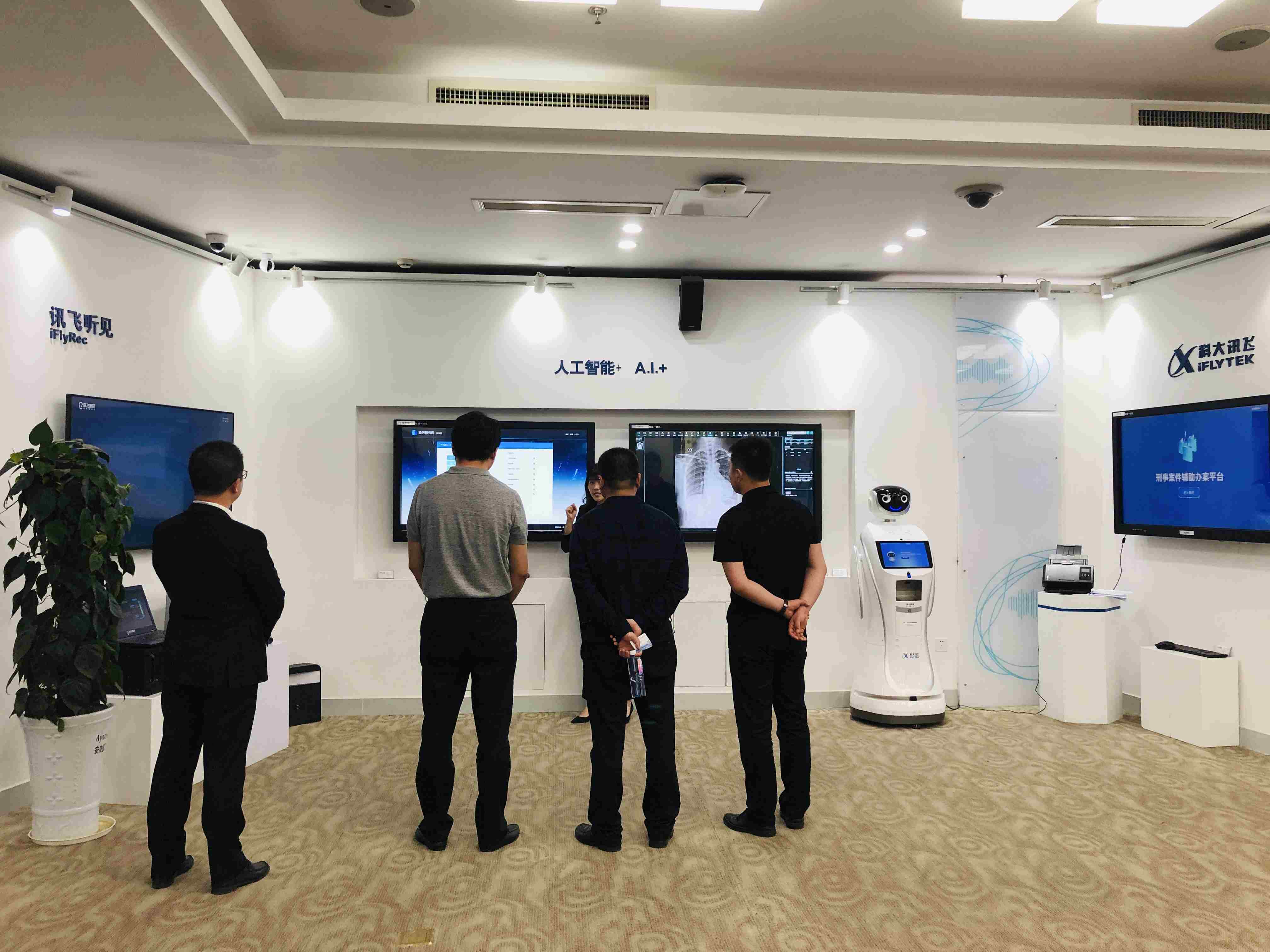
iFLYTEK headquarters in Hefei, east China's Anhui Province. /CGTN Photo
iFLYTEK headquarters in Hefei, east China's Anhui Province. /CGTN Photo
Expecting more progress in the AI algorithm, Liu also called for interdisciplinary research including on the combination of AI with brain science as well as enhanced human-centered man-machine collaboration in propelling a promising future for the AGI.
"I think machines will help us stand on the shoulders of the AI in the future rather than replace us," the iFLYTEK CEO concluded.












